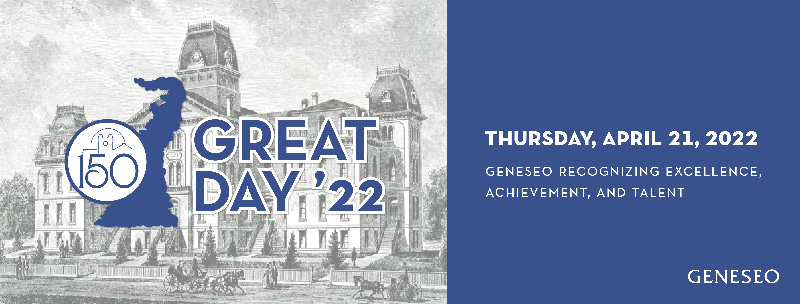
Submission Type
Poster
Start Date
4-21-2022
Abstract
Although college students’ peer relationships are generally found to be egalitarian (Furman & Buhrmester, 1992), not all are. People tend to be more satisfied in a same-sex friendship with an equal power distribution than one with an unequal power distribution (Veniegas & Peplau, 1997). Inequality in romantic relationships is associated with self-esteem (Galliher et al., 1999). The present study examined the associations between the power dynamics in close same-sex friendships, other-sex friendships, and romantic relationships with several dimensions of self-esteem. Our results indicated that perceived power in romantic relationships had the strongest associations with self-esteem, particularly in terms of overall self-worth and aspects of achievement.
Recommended Citation
Harvey, Ashlyn; Dougherty, Hannah; Marino, Liam; and Merenda, Lindsay, "138 -- Perceived Power in Close Peer Relationships: Associations with Self-Esteem" (2022). GREAT Day Posters. 49.
https://knightscholar.geneseo.edu/great-day-symposium/great-day-2022/posters-2022/49
138 -- Perceived Power in Close Peer Relationships: Associations with Self-Esteem
Although college students’ peer relationships are generally found to be egalitarian (Furman & Buhrmester, 1992), not all are. People tend to be more satisfied in a same-sex friendship with an equal power distribution than one with an unequal power distribution (Veniegas & Peplau, 1997). Inequality in romantic relationships is associated with self-esteem (Galliher et al., 1999). The present study examined the associations between the power dynamics in close same-sex friendships, other-sex friendships, and romantic relationships with several dimensions of self-esteem. Our results indicated that perceived power in romantic relationships had the strongest associations with self-esteem, particularly in terms of overall self-worth and aspects of achievement.


Comments
Sponsored by Karen Mooney